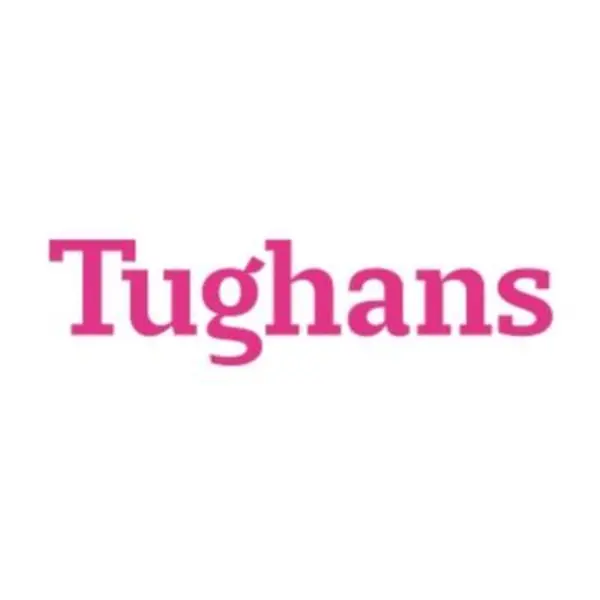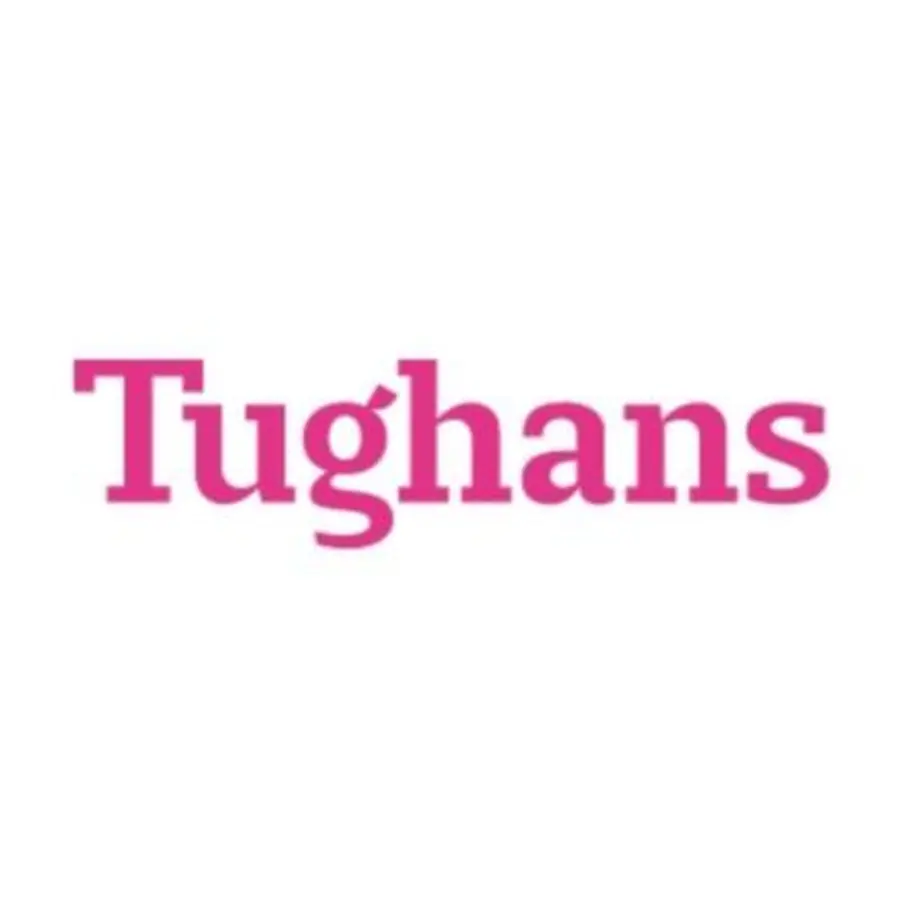
For May 2021, we have asked the employment team at Tughans to provide practical answers to unusual, sensitive or complex work-related queries. We call this feature “How do I handle it?”
The articles are aimed at HR professionals and other managers who may need to deal from time to time with the less common place disputes at work; issues that may, if handled incorrectly, lead to claims of discrimination or constructive dismissal or some other serious difficulty.
I am a Human Resources Manager of a beverage production business. I recently received an email from an employee complaining that they have seen practices taking place on the factory floor, which breach health and safety legislation. I am very concerned about how best to deal with this complaint, how do I handle it?
It sounds to me on the face of it that this may well be a whistleblowing complaint. These complaints have been on the rise since the beginning of the global pandemic and the government has recently announced that they will be carrying out a review of the whistleblowing legislation to ensure that it is still fit for purpose.
Protection for whistleblowers in Northern Ireland is provided under the Public Interest Disclosure Order (NI) 1998 ("PIDO"). This legislation protects employees and workers who blow the whistle about wrong-doing which they believe is taking place or has taken place. For the legislation to provide protection to an individual, they must make a "qualifying disclosure" to their employer or to another third party.
A "qualifying disclosure" which will be protected under the legislation is one which, in the reasonable belief of the individual, tends to show one or more of the following:-
- the commission of a criminal offence;
- a miscarriage of justice;
- breach of a legal obligation;
- the endangerment of the health and safety of any individual;
- environmental damage;
- deliberate concealment of information relating to any of the above.
The employee making the disclosure must believe that they are doing it in the public interest. You should note that employees have the right not to be subjected to any detriment on the ground that they have made a protected disclosure, for example the threat of disciplinary action against them, or being unfairly selected for redundancy and they can bring a claim in the Employment Tribunal if they believe they have suffered a detriment as a consequence of blowing the whistle. In addition, the dismissal of an employee will be automatically unfair, if the principal reason for that dismissal is that they made a protected disclosure. There is no length of service requirement for bringing a whistleblowing claim in the Industrial Tribunal and no cap on the damages that could be awarded. Also, should the claim culminate in a full hearing, then it will be held in a public setting, where the evidence heard as part of the proceedings could of course cause damage to the reputation of the business.
Therefore, you should investigate this complaint as soon as possible, in accordance with your whistleblowing policy. Although I am not aware of the contents of that policy, given the limited information that you have been told so far by the employee, you will definitely require more information about the complaint i.e., you will need to know what the specific breaches of health and safety legislation actually are. You should ask for full evidence from the employee on this when you meet with them as part of your investigation, can they give examples of the breaches, what happened and when?
It is important that you should be objective, fair and professional about the allegations made and do not let any views held about the whistleblower impact on your investigation. The whistleblower may well have been concerned about approaching you with the complaint, so you should support them by letting them know that you are taking the matter seriously. You should keep them informed of the progress of the investigation carried out and when it is completed and also give an indication of timings for any actions or next steps that the Company will take. Subject to the outcome of the investigation, action may be required against offending employees who have been involved in health and safety breaches.
Continue reading
We help hundreds of people like you understand how the latest changes in employment law impact your business.
Please log in to view the full article.
What you'll get:
- Help understand the ramifications of each important case from NI, GB and Europe
- Ensure your organisation's policies and procedures are fully compliant with NI law
- 24/7 access to all the content in the Legal Island Vault for research case law and HR issues
- Receive free preliminary advice on workplace issues from the employment team
Already a subscriber? Log in now or start a free trial
